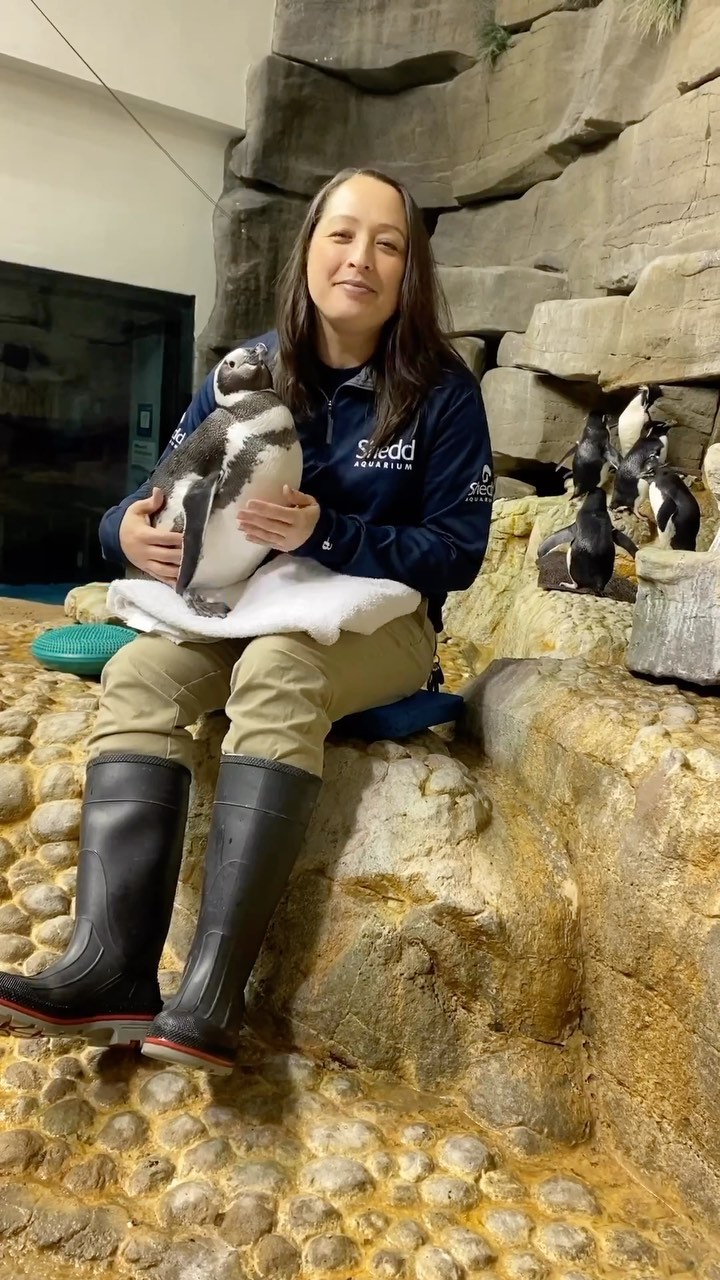Behind the Glass: The Vital Role of Animal Managers in Aquariums
Introduction
Aquariums captivate visitors with their vibrant underwater worlds, offering a glimpse into the fascinating lives of aquatic creatures. Behind the scenes, animal managers work tirelessly to ensure the well-being and health of these captivating animals. In this blog article, we will explore the vital role animal managers play in maintaining the highest standards of animal care in aquariums.
A Day in the Life of an Animal Manager
- Overseeing animal care: Animal managers supervise a team of aquarists and animal care staff, ensuring that every animal in the aquarium receives optimal care. They coordinate daily tasks, such as feeding, cleaning, and monitoring the health of each species.
- Maintaining habitats: Providing suitable environments for diverse aquatic animals is a top priority for animal managers. They collaborate with other specialists to design and maintain habitats that mimic the natural settings of each species, ensuring that the water quality, temperature, and lighting meet the specific requirements of the animals in their care.
- Developing enrichment programs: Animal managers create and implement enrichment programs that promote aquarium residents’ well-being and natural behaviors. By offering novel experiences, such as puzzles, toys, or new foods, animal managers stimulate the animals’ minds and encourage them to engage in instinctual behaviors.
- Implementing training programs: Training programs play a crucial role in animal care, as they facilitate stress-free interactions between animals and their caregivers. Animal managers develop training plans tailored to each species, using positive reinforcement techniques to teach animals to participate voluntarily in their care, such as during medical examinations.
- Ensuring animal health: Monitoring the health of aquarium residents is an essential responsibility of animal managers. They collaborate with veterinarians to address health concerns, implement preventive care measures, and develop treatment plans for sick or injured animals.
- Educating the public: Animal managers often participate in educational programs, sharing their knowledge and passion for aquatic life with aquarium visitors. Through presentations, demonstrations, and behind-the-scenes tours, animal managers raise awareness about the importance of marine conservation and the challenges faced by aquatic species.
- Supporting conservation efforts: Many aquariums actively participate in conservation initiatives and research projects. Animal managers play a pivotal role in these efforts, contributing their expertise to breeding programs, species reintroduction projects, and scientific research that aims to protect and preserve aquatic life.
Conclusion: The Unsung Heroes of Aquariums
Animal managers are the unsung heroes of aquariums, dedicating their lives to the care and well-being of the animals they oversee. Their expertise, passion, and hard work ensure that aquarium residents thrive in safe, stimulating environments while inspiring visitors to develop a deeper appreciation for the diverse and wondrous world beneath the waves. By understanding the vital role of animal managers in aquariums, we can better appreciate the dedication and effort that goes into maintaining these awe-inspiring underwater realms.


